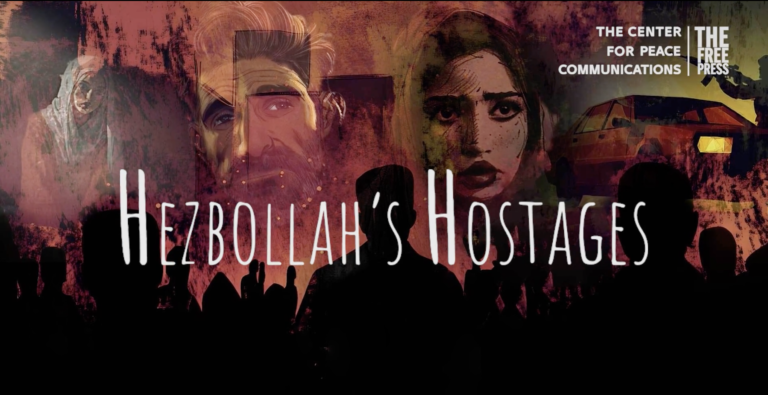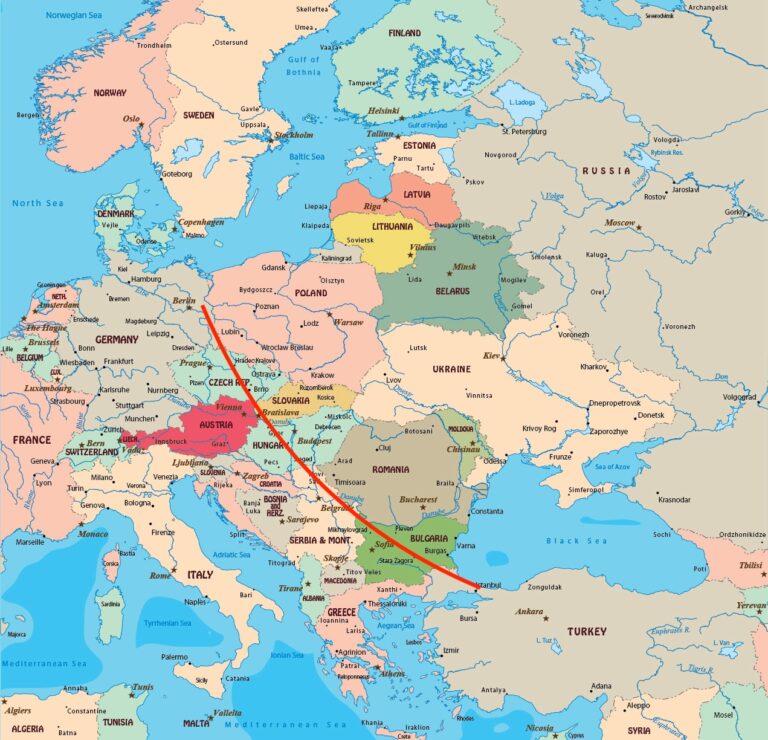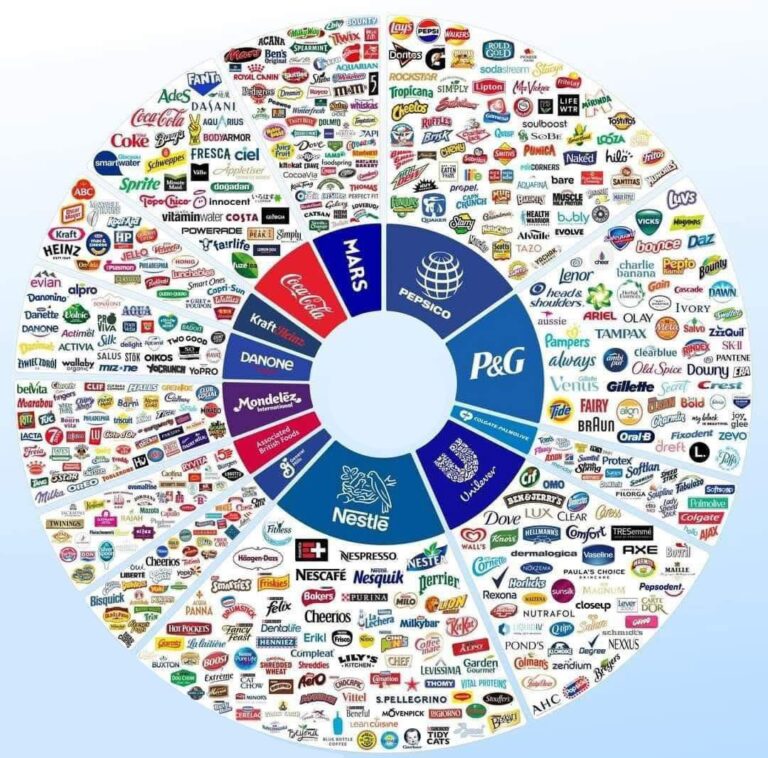by Andrea Tucci,
Hezbollah’s Hostages is an eight-part docu-series produced by the Center for Peace Communications, a New York nonprofit organisation, interviewed testimonies from Lebanese and Syrian civilians, each of whom in their own way has fought back against the group’s depredations whose identities are protected through the use of animation and the withholding of their names. These testimonies challenge Hezbollah’s image as a resistance group, portraying it instead as an organisation that allegedly profits from illegal activities while suppressing dissent within its own communities. ( Link of the first episode: https://www.youtube.com/watch?v=Ck4Ya-8uKhY&t=53s)
The series, which took over a year and a half to produce, aims to shed light on Hezbollah’s supposed internal operations, operations that are little known to most outside the group and perhaps even to many within it.
Hanine Ghaddar, one of the creators of the series and a fellow at the Washington Institute, says she has personally received positive responses, particularly in Lebanon but also audiences across the Middle East.

Photo: Hanine Ghaddar, one of the creators of the series Hezbollah’s Hostages
“The feedback has been amazing, both shocking and informative,” says Ghaddar, who believes that many people in the region are unaware of the “hidden aspects of Hezbollah’s operations”.
Joseph Braude, President of the Center for Peace Communications, adds that the series has already amassed millions of views on social media platforms and has been screened at several international film festivals. However, due to the ongoing war waged between Israel and Hezbollah., local screenings in Lebanon have been held discreetly. “We’ve had private showings by invitation only” he said.

Photo: Joseph Braude, President of the Center for Peace Communications
At one private screening, 35 attendees gathered to watch two episodes—The Combatant and The Peacemaker. “The reactions were mixed but thought-provoking. Some attendees were skeptical of the accusations against Hezbollah, particularly regarding its control over women. However, others were deeply impacted by the documentary’s revelations, which sparked critical debates, for sure the series has been effective in starting important conversations. The series is been using in our workshops to expose Hezbollah’s control mechanisms. It’s tool for creating awareness and fostering dialogue, stated Ali Khalife, a professor of pedagogy at the Lebanese University.
It is also true The docu-series has also stirred mixed reactions, with some users questioning its credibility and accusing it of promoting Western propaganda and some criticism was directed at the portrayal of Islam, with remarks such as, “Just propaganda because Islam also gives rights to women.”
Hezbollah’s Hostages, explores the purported deep and often hidden impact of Hezbollah’s influence on individual lives. It weaves together narratives of coercion and exploitation. Across its episodes, the series alleges Hezbollah’s recruitment of young combatants disillusioned by brutal conflicts, its involvement in narcotics trafficking and sex slavery, and the use of smuggling networks to fund its operations. It also highlights the suppression of dissent within Shiite communities, challenging Hezbollah’s portrayal as a “protector”.
This series is just the beginning, Braude asserts: “we’re always looking for new ways to challenge “divisive ideologies” and we believe this series is a step toward fostering change.”



